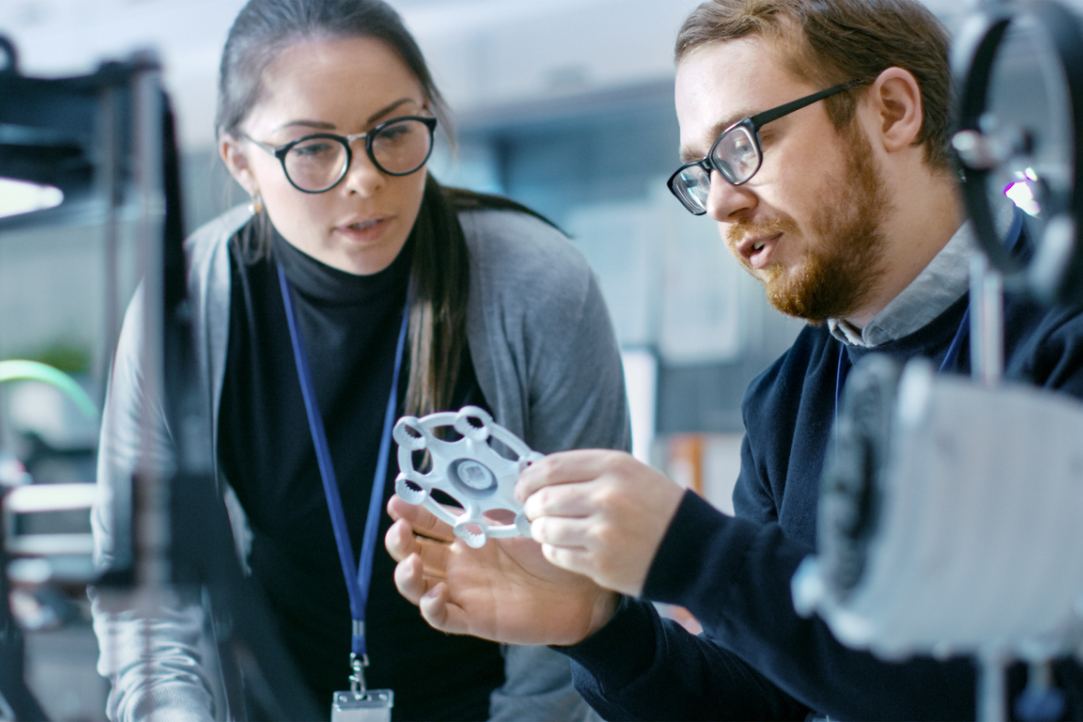
Researchers Assess Student Performance in Mathematics, Physics, and Critical Thinking
A group of researchers representing four countries summed up the results of the Supertest, a large-scale study of the academic performance of engineering students in Russia, China, India, and the United States. It is the first study to track the progress of students in computer science and electrical engineering over the course of their studies with regard to their abilities in physics, mathematics, and critical thinking and compare the results among four countries. The article about study was published in Nature Human Behavior.

Children's Adaptation to Online Learning Depends on the Nature of Their Parents’ Work
Specialists at the HSE Institute of Education found that the willingness of children to work independently at home during distance learning depended not only on the availability of appropriate technical means in the family (its socio-economic profile), but also on the nature of their parents’ work (a socio-psychological factor).

Father’s Level of Education Affects Students’ Plans for Doctoral Studies
Saule Bekova, Research Fellow at the Centre of Sociology of Higher Education, and Ivan Smirnov, Leading Research Fellow at the Laboratory of Computational Social Sciences, studied how father’s level of education affects students’ plans to receive a doctoral degree. The article Determinants of doctoral degree aspirations: insights from a nationally representative panel study was published in HERB: Higher Education in Russia and Beyond journal.
.jpg)
Researchers Reveal Genetic Predisposition to Severe COVID-19
HSE University researchers have become the first in the world to discover genetic predisposition to severe COVID-19. The results of the study were published in the journal Frontiers in Immunology.

International Laboratory of Bioinformatics Opens at the Faculty of Computer Science
On January 25, 2021, an International Laboratory of Bioinformatics opened at the Faculty of Computer Science. The main goal of the laboratory is to determine the role of alternative DNA structures in the genome.

Researchers Identify the Most Important Skills in Entrepreneurial Education
As part of the series, ‘Modern Analytics of Education’, the Human Capital Multidisciplinary Research Center has released a report entitled ‘Entrepreneurship Training in Universities in Russia and the World’. Based on a review of best practices, the authors identified 71 skills that are fostered in entrepreneurial education abroad. The researchers selected 63 programmes and courses from 44 universities and 24 countries for analysis.

‘We Facilitate High-Speed Car Crashes and Study How Car Engines Work Based on Photos of Flying Debris’
Nikita Kazeev holds a Candidate of Sciences degree (Russian equivalent of a PhD) in Computer Science and a PhD in Physics. He is a Research Fellow at the LAMBDA Laboratory and works at CERN. In an interview with HSE News Service, he talked about what it was like to defend his dissertation in a double doctoral degree programme at HSE University and Sapienza University of Rome, what it is like to conduct research in Geneva, and why it is imperative to communicate with colleagues.

‘In the Blink of an Eye’ Statistics: People Estimate Size of the Set of Objects Based on Distance to Them
HSE University researchers Yuri Markov and Natalia Tiurina discovered that when people visually estimate the size of objects, they are also able to consider their distance from the observer, even if there are many such objects. The observers rely not only on the objects’ retinal representation, but also on the surrounding context. The paper was published in the journal Acta Psychologica.

From Total Control to Reasonable Supervision: How Parental Control Affects the Success of Older Secondary School Students
Children from families with high incomes and whose parents hold university degrees have a better chance of going to university. Parental involvement in the education process, however, does not have an impact on the decrease in equal access to higher education for students. This was the conclusion reached by experts from HSE University’s Center for Institutional Studies.

Predicting Grammatical Properties of Words Helps Us Read Faster
Psycholinguists from the HSE Centre for Language and Brain found that when reading, people are not only able to predict specific words, but also words’ grammatical properties, which helps them to read faster. Researchers have also discovered that predictability of words and grammatical features can be successfully modelled with the use of neural networks. The study was published in the journal PLOS ONE.

